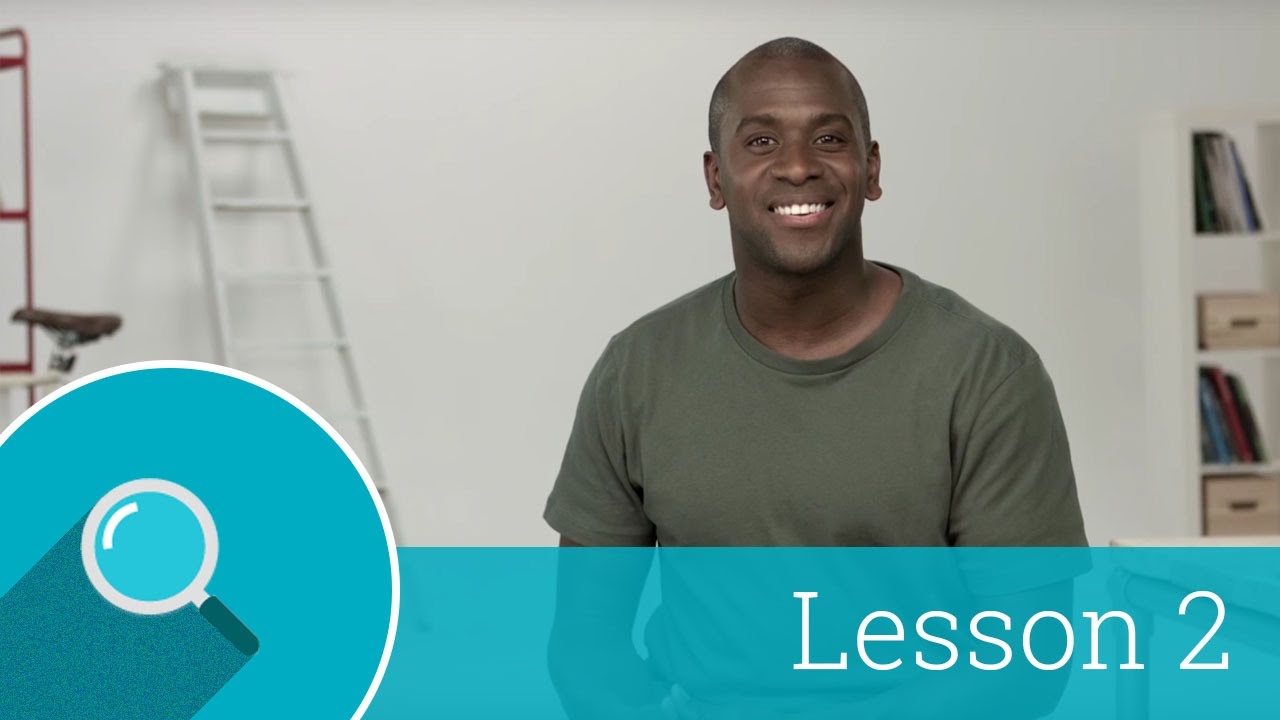Search engine optimizationcommonly referred to as SEO, is the process of optimizing a website or web page so that it ranks higher in search engineresults pages (SERPs).
This involves optimizing both the website's contentand its technical aspects to make it more search-engine friendly. In this article, we will discuss the basics of how SEO worksand the key factors that affect it.
How Search Engines Work
Before we dive into how SEOworks, it's essential to understand how search engines work. Search engines like Google, Bing, and Yahoo use complex algorithms to analyze and rank web pages.

How search engines work
These algorithms are designed to provide the best possible results to users based on their search queries.
Search engines use bots, also known as spiders or crawlers, to crawl the web and index web pages. When someone performs a search query, the search engine looks at its index and displays the most relevant web pages based on a variety of factors.
The Three Pillars Of SEO
SEOis divided into three main areas: on-page SEO, off-page SEO, and technical SEO. Let's take a closer look at each of these pillars.
On-Page SEO
On-page SEO refers to the optimization of content on a website. This includes optimizing the content for target keywords, ensuring the website's structure is user-friendly and creating high-quality content that is relevant to the user's search query.
On-page SEO is essential because it helps search engines understand what a web page is about and its relevance to a user's search query.
Off-Page SEO
Off-page SEO refers to the actions taken outside of a website to improve its search engine ranking. This includes link building, social media marketing, and other strategies designed to improve the website's visibility and reputation online.
Off-page SEO is important because it signals to search engines that a website is a reputable source of information.
Technical SEO
Technical SEOrefers to the optimization of a website's technical aspects, including its structure, performance, and accessibility. This includes optimizing the website's code, improving its load speed, and ensuring it is mobile-friendly.
Technical SEO is important because it helps search engines crawl and index a website more efficiently.
Key Factors That Affect SEO
There are many factors that affect SEO, and they can be divided into two categories: on-page factors and off-page factors. Here are some of the key factors that affect SEO:
On-Page Factors
- Keyword research -This involves identifying the target keywords that users are using to search for information related to a particular topic or industry.
- Content quality -Creating high-quality, informative content that is relevant to the user's search query is essential for on-page SEO.
- Meta tags -This includes the title tag, meta description, and header tags, which provide information about the content of the web page.
- URL structure -A user-friendly URL structure that includes target keywords can improve the website's ranking.
Off-Page Factors
- Backlinks-High-quality backlinks from reputable websites can improve a website's authority and reputation online.
- Social media-Social media signals, such as likes, shares, and comments, can help improve a website's visibility and reputation.
- Brand mentions -Mentions of a brand or website on other websites can signal to search engines that it is a reputable source of information.
How To Create High-Quality Content For On-Page SEO
Creating high-quality content is one of the most important aspects of on-page SEO. Search engines look for websites that provide valuable information to users, and content is one of the primary ways to deliver that value.
In this part, we will discuss how to create high-quality content for on-page SEO that will help improve your website's ranking.
Identify Your Target Audience
Before you begin creating content, you need to identify your target audience. Who are the people you are trying to reach? What are their interests, needs, and pain points? Once you understand your target audience, you can create content that addresses their specific concerns and interests.
Conduct Keyword Research
Keyword research is the process of identifying the search terms that users are using to find information related to your topic or industry.

How to conduct Keyword Research
Keyword research is essential for on-page SEO because it helps you optimize your content for the terms that your target audience is searching for.
There are many tools available for conducting keyword research, including Google Keyword Planner, SEMrush, and Ahrefs. These tools will help you identify the most relevant keywords for your content and provide insights into how competitive those keywords are.
Create High-Quality, Valuable Content
Once you have identified your target audience and conducted keyword research, it's time to create content. When creating content for on-page SEO, it's essential to focus on quality and value. Your content should be informative, and engaging, and provide value to your target audience.
Here are some tips for creating high-quality, valuable content:
- Be concise -Users have short attention spans, so it's essential to get to the point quickly.
- Use subheadings -Subheadings make your content easier to read and help search engines understand the structure of your content.
- Incorporate multimedia -Adding images, videos, and other multimedia to your content can make it more engaging and informative.
- Provide answers to common questions -Anticipate the questions your target audience may have and provide clear concise answers.
Optimize Your Content For SEO
Once you have created your content, it's time to optimize it for SEO. Here are some on-page SEO best practices to follow:
- Use target keywords -Incorporate your target keywords into your content, including your title tag, meta description, header tags, and throughout your content.
- Optimize your images -Use descriptive alt tags and file names for your images.
- Ensure your website is mobile-friendly -More and more users are accessing the internet from mobile devices, so it's essential to ensure your website is optimized for mobile.
- Include internal links -Link to other relevant pages on your website to help search engines understand the structure of your website.
By following these tips, you can create high-quality content that is optimized for on-page SEO and will help improve your website's ranking in search engine results in pages.
People Also Ask
How Long Does It Take For SEO To Work?
SEO is a long-term strategy, and it can take several months to see significant results. However, the exact timeline will depend on various factors, such as your website's age, authority, and level of competition in your industry.
What Is On-page SEO?
On-page SEO refers to the practices that you can implement on your website to optimize it for search engines. This includes optimizing your content, using relevant keywords, improving website structure and navigation, and ensuring your website is mobile-friendly.
How Important Is Link Building For SEO?
Link building is an essential component of SEO, particularly for off-page SEO. By acquiring high-quality backlinks from reputable sources, you can improve your website's authority and visibility in search engine results pages.
Can I Do SEO Myself?
Yes, you can do SEO yourself. However, SEO is a complex and ever-evolving field, so it can be challenging for beginners to get started. It's recommended to learn the basics and best practices of SEO and work with experienced professionals if you need additional support.
Conclusion
In conclusion, SEO is the process of optimizing a website or web page to rank higher in search engine results pages. It involves optimizing both the website's content and its technical aspects to make it more search-engine friendly.
The key factors that affect SEO include on-page factors such as keyword research, content quality, and meta tags, and off-page factors such as backlinks, social media, and brand mentions.

